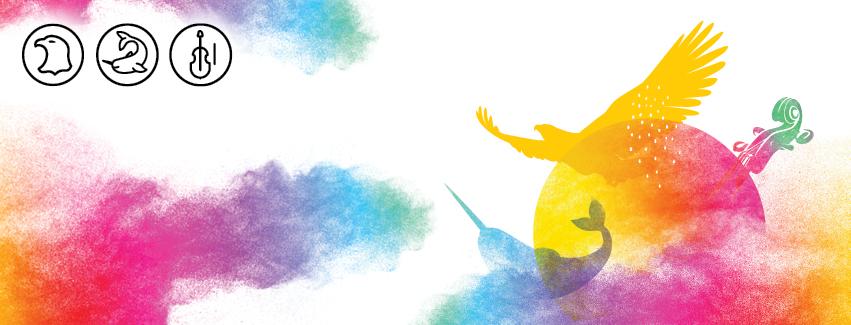Deepening VHA’s Commitment to Indigenous Cultural Safety in Healthcare

June marks National Indigenous History Month, a time to honour the histories, cultures and contributions of First Nations, Inuit and Métis peoples across Canada. It is also a time to reflect on the ongoing impacts of colonization—including residential schools, systemic discrimination and forced assimilation—which continue to have devastating effects on the health and well-being of Indigenous communities today. Throughout the month, cultural events, educational initiatives and calls to amplify Indigenous voices, all reinforce the importance of respecting Indigenous sovereignty and advancing equity in every sector, including healthcare.
At VHA Home HealthCare (VHA), we are committed to ending anti-Indigenous racism across our health system. As part of our 2025-2030 Strategic Plan, we are responding to the Truth and Reconciliation Commission (TRC)’s 94 Calls to Action, by investing in training for our leadership, staff and service providers and by building meaningful partnerships with Indigenous-led organizations.
Putting Reconciliation Into Practice
True reconciliation requires more than reflection—it demands action. In line with the TRC’s recommendations, VHA is implementing Calls to Action 22, 23 and 92 by embedding Indigenous cultural safety into our care practices, policies and education initiatives. These are called out in VHA’s 2025-2030 Strategic Plan.
This includes respecting Indigenous healing practices, advancing cultural competency among care providers and deepening our understanding of the historical and cultural realities that continue to shape Indigenous health outcomes.
“Too often, Indigenous clients face a health system that overlooks or erases their experiences,” says Adam Benn, Director of Diversity, Equity and Inclusion at VHA. “We’re working to create care environments that are informed by history, grounded in respect and committed to safety, inclusion and accountability.”
Investing in Indigenous-Led Education and Training
One of the first steps in advancing this work was the introduction of the nationally recognized San’yas Indigenous Anti-Racism Cultural Safety Training Program to VHA leadership teams in 2024. This intensive eight-week course explores the history and lasting effects of colonization, systemic racism in healthcare, the social and structural determinants of Indigenous health and strategies to reduce anti-Indigenous racism in service delivery. By the end of the year, over 96% of VHA’s leaders, including supervisors, managers, board members and select staff involved in research, quality and best practices, completed this foundational training.
Also in 2024, to expand this learning beyond leadership and offer a more accessible training format for staff and service providers alongside their care-providing roles, VHA partnered with the Indigenous Primary Health Care Council (IPHCC). Developed by IPHCC, the Foundations of Indigenous Cultural Safety course equips healthcare teams with essential knowledge and trauma-informed strategies rooted in Indigenous perspectives. In the first rollout, over 120 participants completed the course. It was offered again in early 2025 and VHA plans to run it two more times later this year.
To deepen this work, additional workshops were also offered alongside the core training. These focused on cultural safety practices and the strengths of Indigenous worldviews and approaches to health.
“Education and partnerships with Indigenous organizations are essential to building trust and improving health outcomes,” says Adam. “Learning about traditional healing, holistic care and the role of community is helping us provide more respectful, inclusive and equitable care.”
Bridging the Gaps
These training opportunities are especially vital in a diverse workforce like VHA’s, where many staff and service providers are newcomers to Canada and may not have had prior opportunities to learn about Indigenous histories or perspectives.
“This training has been particularly impactful because it provides a foundation that many haven’t received elsewhere,” says Adam. “Participants have shared that they had no idea about the history of residential schools or the lasting effects of colonization and that this learning has deeply changed how they think about and approach care.”
VHA is committed to ongoing partnerships with the IPHCC and other Indigenous-led organizations to continue offering this essential learning experience across the organization.
Looking Ahead
While important progress has been made, the work of reconciliation is far from complete. At VHA, we understand that this is a continuous journey that requires reflection, learning and meaningful action over time.
“Reconciliation isn’t something we focus on just during Indigenous History Month,” says Adam. “It’s part of our ongoing work to create a health system where Indigenous clients, and all those we serve, feel seen, respected and safe.”
